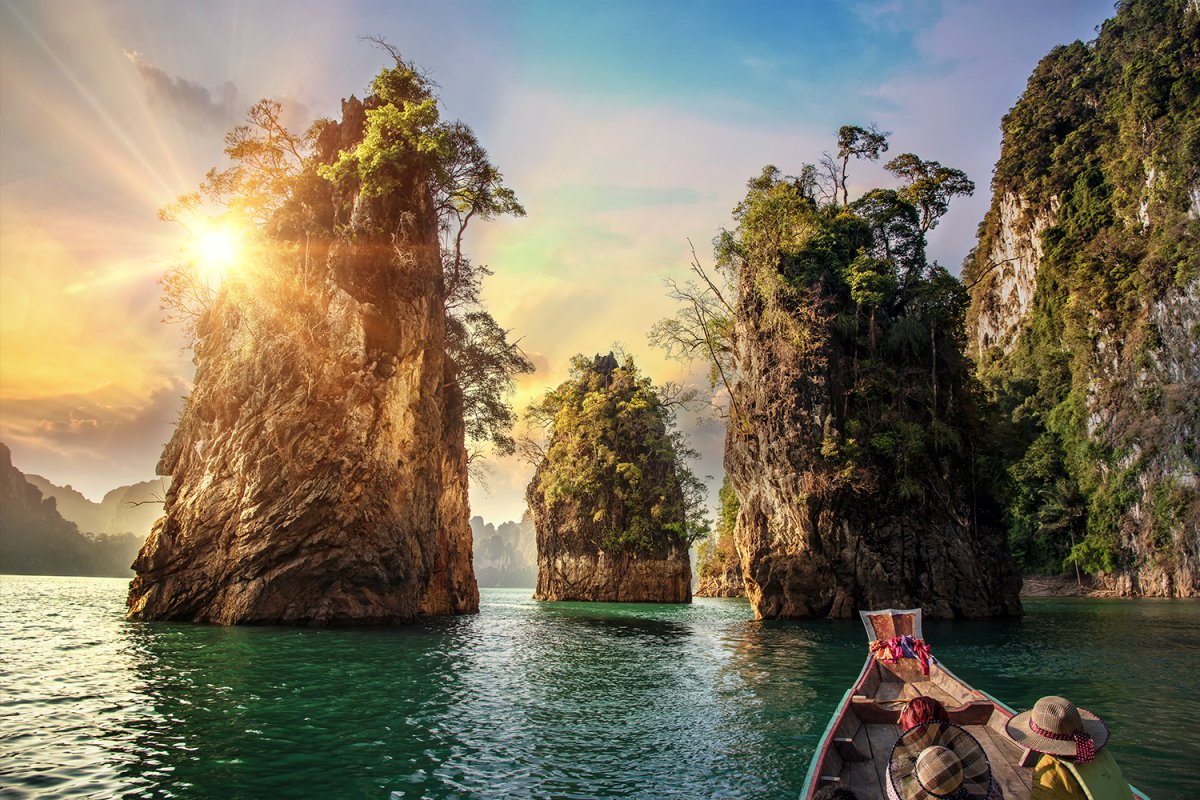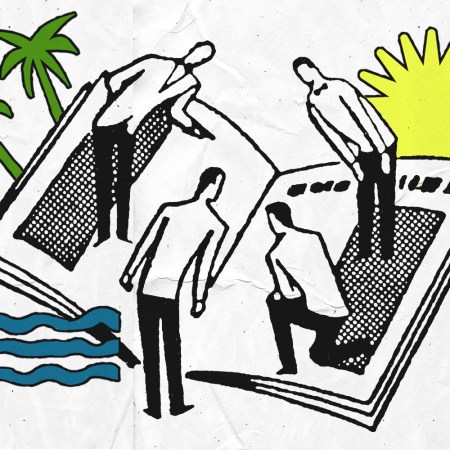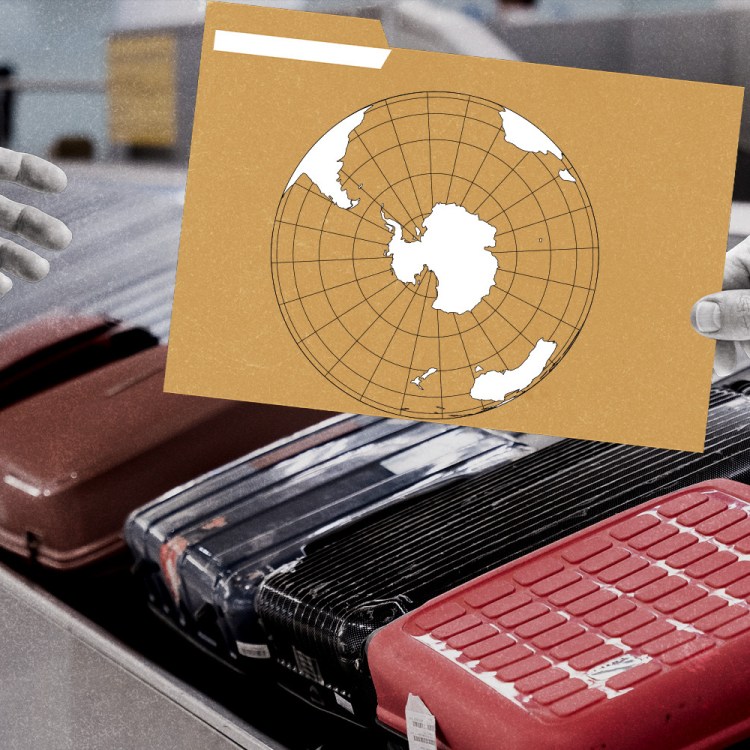Thailand’s Tourism and Sports Ministry has announced that, starting in 2022, it will begin collecting a 500-baht tourism fee for a “tourism transformation fund.” According to a new report from Travel Pulse, the fund is expected to “subsidise projects that transform the industry, focusing on high-value and sustainable tourism.” Many have been quick to criticize the move, calling it a ploy to keep unsavory, “low value” tourists at bay.
But that might not be quite accurate. The measure can also be viewed as a necessary precaution for a country that in recent years — not unlike Venice — has fallen victim to overtourism and a population of Instagram travelers more concerned with procuring the perfect shot than paying respects to their surroundings.
Back in 2018, the country’s Maya Bay beach — made famous by 2000 film The Beach starring Leonardo DiCaprio — closed to tourists following irreparable damage at their hands. Pollution from trash left coastal vegetation devastated. Two years prior, in 2016, a handful of Thai islands began limiting the amount of tourists allowed in, if not banning them altogether, when it came to light that 80 percent of the surrounding reefs had been destroyed.
All of this to say that things have sort of been heading in this general direction for awhile.
“The additional cost won’t have an impact on tourists as we want to focus on the quality market,” Yuthasak Supasorn, Governor of the Tourism Authority of Thailand, said of the fee. “We hope this fund will support a national tourism makeover creating more safe and clean place.”
That said, some have will still interpret Supasorn’s words to mean that the tax is being implemented for the sole purpose of being able to filter out a certain type of traveler … backpackers, for example. But I tend to think those people are missing the point.
“The projects should be co-creations and the government should use the fund to support projects that can create an economic impact. The proportion of public-private financial support could be 50:50, 60:40 or 70:30, depending on how much we want to make those projects happen,” said Supasorn.
It’s also worth noting that the tax in question winds up being less than 15 U.S. dollars per person. If you can spend the roughly $1,000 on airfare to get there in the first place, I’m inclined to believe you can afford the tax that’s, you know, ideally going towards fixing the reefs that travelers were instrumental in destroying in the first place.
Thanks for reading InsideHook. Sign up for our daily newsletter and be in the know.



















